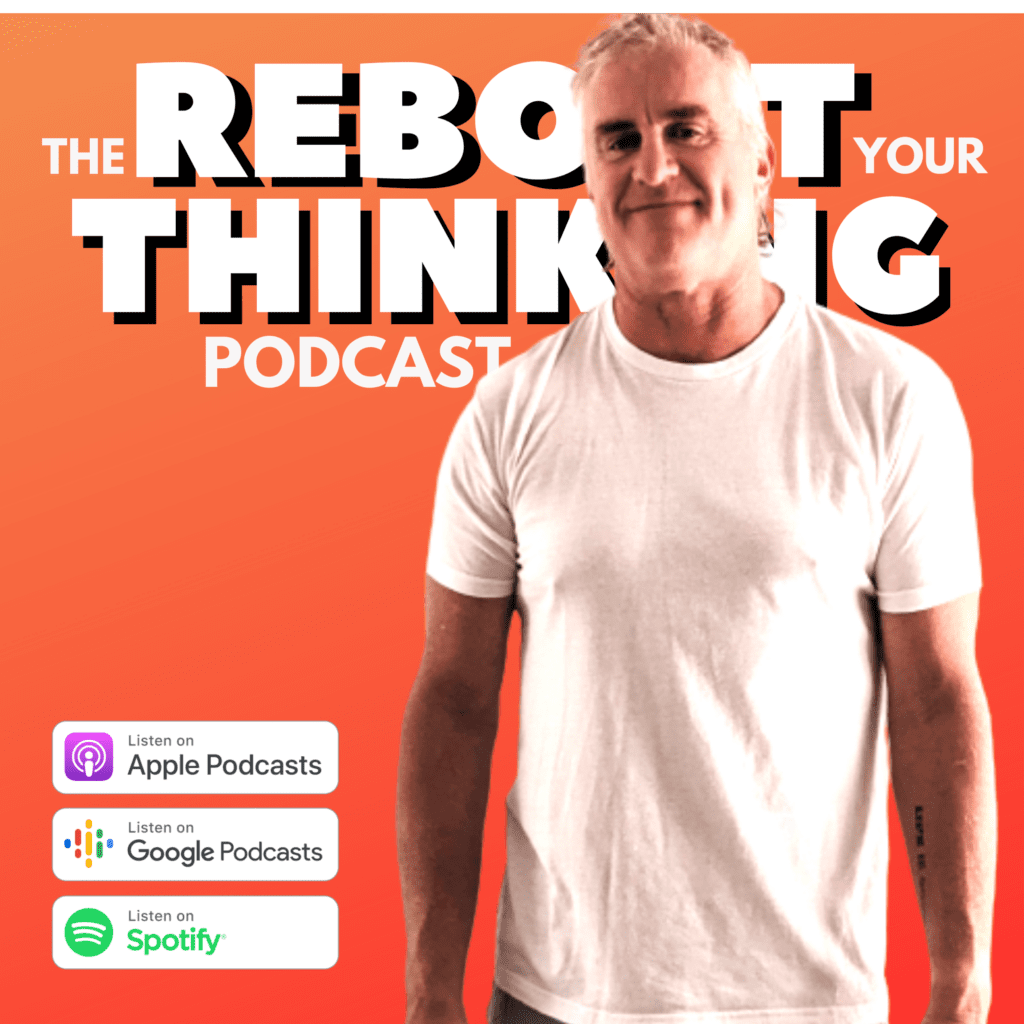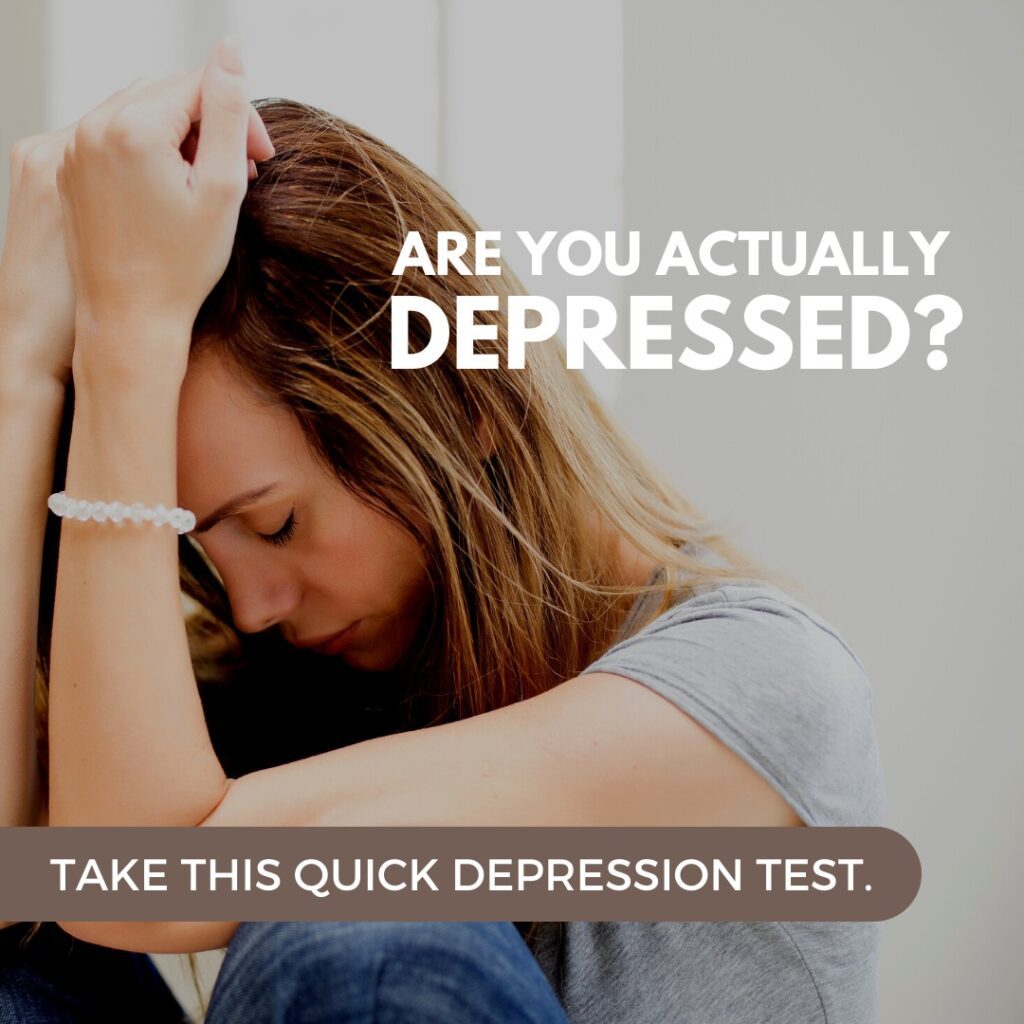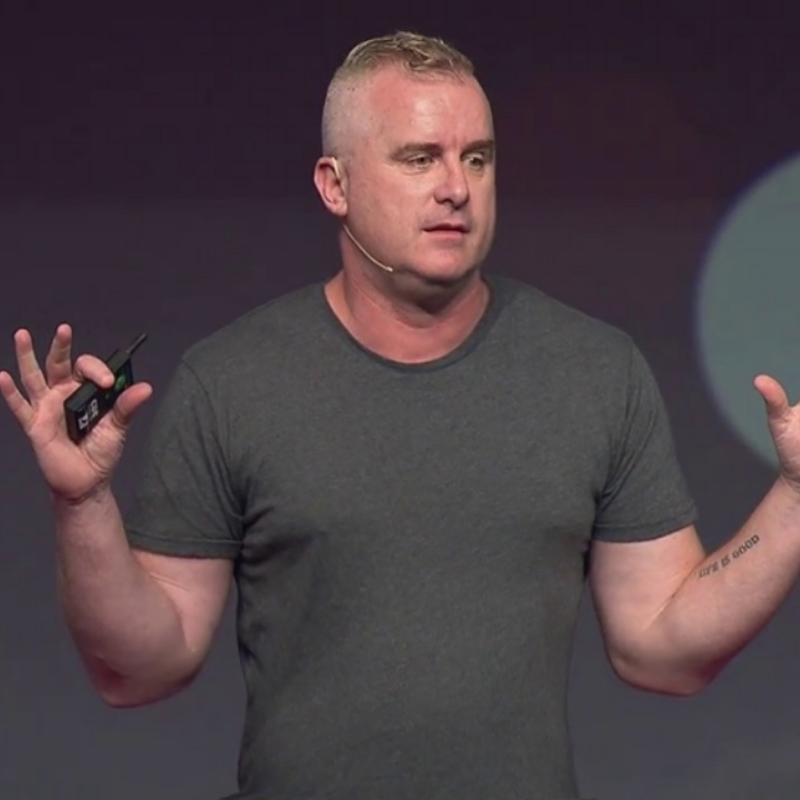At least, nobody is naturally more resilient than anyone else. Resilience can be built and fostered, when needed, and the more resilient we are, the more resilient we are.
Emotional Resilience
But it’s not a genetic thing according to science, it’s built largely by our environments.
Professor Karestan Koenen from Harvard’s T. H. Chan School of Public Health says, “We all know people that are just very even-tempered. Some of that is simply how we’re built physiologically.” Yet it isn’t true that some people are born more resilient than others, said Professor Koenen, “That’s because almost any trait can be a positive or negative, depending on the situation.”
It’s about your family … as usual.
The most significant determinant of resilience — noted in nearly every review or study of resilience in the last 50 years — is the quality of our close personal relationships, especially with parents and primary caregivers. Early attachments to parents play a crucial, lifelong role in human adaptation.
“How loved you felt as a child is a great predictor of how you manage all kinds of difficult situations later in life,” said Bessel van der Kolk, a professor of psychiatry at Boston University School of Medicine who has been researching post-traumatic stress since the 1970s. He is the founder of the Trauma Research Foundation in Boston.
Dr. van der Kolk said long-term studies showed that the first 20 years of life were especially critical. “Different traumas at different ages have their own impacts on our perceptions, interpretations and expectations; these early experiences sculpt the brain, because it is a use-dependent organ,” he said.
You can think of resilience as a set of skills that can be, and often is, learned.
But the crap part of resilience is you don’t really know how resilient you are, or how resilient you are going to be, until you need it. And the only path to needing resilience is going through some hard times along the way. But that’s not to see that hard times must be avoided at all costs. One study found that 92% of people reported suffering at least one significant negative life event in their lifetime (Smith, 2007). “Stress isn’t all bad,” said Steven Southwick, professor emeritus of psychiatry, PTSD and Resilience at Yale University School of Medicine. If you can cope today with all that’s happening in the world around you, Southwick said, “then when you are on the other side of it, you’ll be stronger.
Some good news.
But there is some good news when it comes to resilience. Researchers studying women who had endured ‘assaultive trauma’ (Rusch, et al., 2015) found that there are two really important factors that determine how we employ resilience when faced with adversity, and they are both very much under our own control: mastery and social support.
Mastery refers to how much an individual believes they are in control of their lives and their circumstances. It’s not just thinking positively and hoping for the best, though. Mastery, not optimism, is the better predictor of resilience in the face of trauma (Cummins, 2015).
And social support was found to be just as important. When people felt ‘strongly supported’ by their social network, they were less likely to experience psychiatric disorders and, even if they did, they were more likely to fully recover from them. On the other hand, when people felt unsupported by their families and friends and co-workers, their incidence of PTSD increased. Frey (2016) also found that not only a lack of social support in friends and family, but a lack of a religious or like-minded community of people around someone meant they were more resilient too. Southwick et al. (2016) agreed, going on to say that the “impact of poor social support on all‐cause mortality is similar to that of obesity, cigarette smoking and physical inactivity.”
So, while nobody is more resilient than anyone else naturally, if we have a supportive social network around us, while also having a good mastery and understanding of self-control in our lives, we are not only less likely to need resilience, but our resilience – when needed – is much more likely to help us avoid long-term traumatic responses anyway.
Image credit: Karim Manjra
References and Further Reading:
Cummins, D. (2015, March 11). Why Some People Are More Resilient Than Others. Psychology Today.
Frey, F. M. (2016). Why Are Some Individuals More Resilient Than Others: The Dynamic Role of Social Support and Religious Coping in Predicting PTSD and Psychiatric Distress as a Result of Mass Trauma. Al-Adab Journal, 116.
Rusch, H. L., Shvil, E., Szanton, S. L., Neria, Y., & Gill, J. M. (2015). Determinants of psychological resistance and recovery among women exposed to assaultive trauma. Brain & Behavior, 5(4).
Smith, T. W. (2007). Troubles in America: Trends and Sub-group Difference in Experiencing Negative Life Events. Conference Papers — American Sociological Association, 1.
Southwick, S. M., Sippel, L., Krystal, J., Charney, D., Mayes, L., & Pietrzak, R. (2016). Why are some individuals more resilient than others: the role of social support. World psychiatry : official journal of the World Psychiatric Association (WPA), 15(1), 77–79.
Zimmerman, E. (2020, June 21). What makes some people more resilient than others. The New York Times.

















